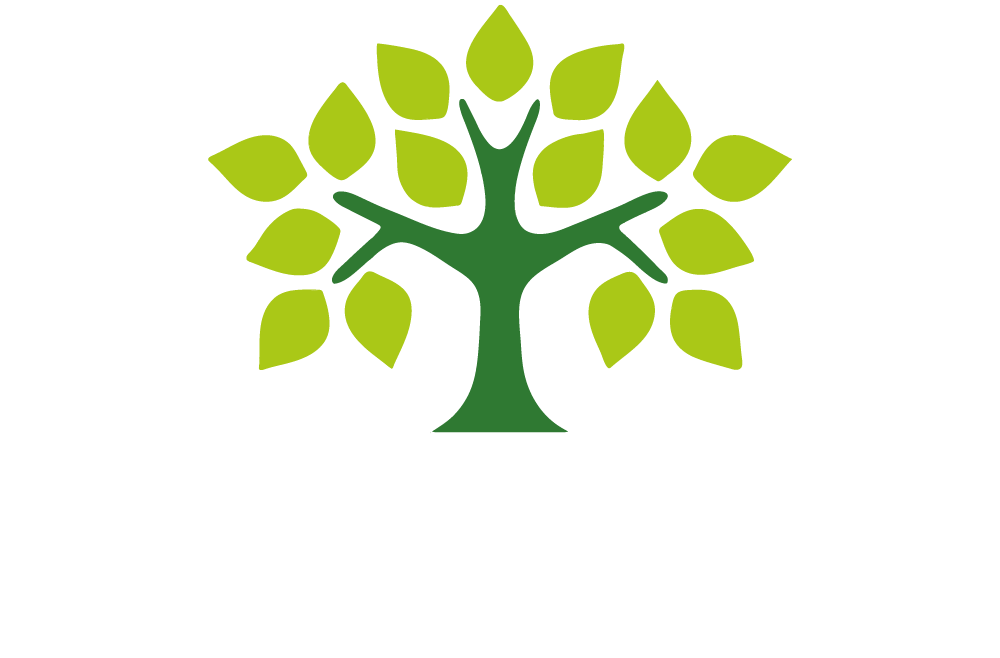Science

Wychwood Primary School – Science Vision Statement
Shine as Lights in the World - Philippians 2.15
At Wychwood, we aspire to shine as lights in the world, fostering a life-long love for learning. Building a strong community through loving relationships, together we are curious about the world with an understanding of our responsibility to care for it and in doing so promoting respect for people and the planet.
Intent
At Wychwood, we intend for children to become confident scientists who enjoy exploring and discovering the world around them. Our science curriculum provides children with practical hands-on experiences to foster their curiosity and develop their scientific enquiry skills. We recognise that primary school is a crucial time where children form opinions about science: we aim to ensure that children have a high level of science capital, with meaningful experiences which promote positive attitudes. We strive to inspire life-long interest and engagement with the subject, where children leave Wychwood with an understanding of the uses and implications of science, today and for the future.
Implementation
Through the disciplines of Biology, Chemistry and Physics, children develop and build on their scientific knowledge and conceptual understanding over time. The curriculum is founded on the National Curriculum objectives, within key stage phases due to our two-year cycle. Units are revisited (see whole school overview) and the sequence of units has been carefully considered to maximise learning opportunities. For example, teaching ‘Earth and Space’ when the phases of the moon can more easily be observed and ‘Plants’ during the growing season. Lessons provide distinct opportunities for children to make links, ask questions, think critically and acquire scientific vocabulary. Assessment for learning ensures that misconceptions are highlighted and addressed. Each lesson includes time for children to recall prior learning and embed knowledge and time for children to think and talk about science in a broader context.
Working scientifically is integrated into each unit through five key strands: observation, pattern seeking, researching, identification and classification and comparative and fair testing. Children are taught and encouraged to work collaboratively.
The progression of scientific enquiry is carefully planned so that children become more independent and skilled in each of the stages of an investigation as they move through the school. The stages are as follows: making predictions and planning, making observations and measurements, recording and presenting data, concluding and evaluating their investigations and making links with scientific ideas, evidence and research. Children are supported to identify and manage risks and to keep safe when experimenting. In addition to investigation opportunities which occur during a unit, we engage in ‘Big Science’ as a whole school. This is a child-led enquiry, where children work together to generate a question, investigate, and present their findings to their peers.
To develop children’s science capital, we recognise the importance of how science is represented, by valuing what all children bring with them and connecting science with children’s identities, experiences and what matters to them. We are careful to make conscious choices when selecting scientists to study and discuss. A broad range of science non-fiction books and stories are available for children to enjoy. Enrichment experiences are designed to inspire the children, providing them ‘awe and wonder’ but also with opportunities for children to engage with ‘real life’ scientists and role models in the community. Links to the science curriculum are made in other areas of the curriculum, for example, in the identification of flora and fauna at Forest School in EYFS and KS1. At Wychwood, we value our unique rural location and our collective responsibility to care for the environment is highlighted in our school vision.
EYFS
The Early Years Foundation Stage Curriculum supports children’s understanding of science through the planning and teaching of ‘Understanding the World’. It is introduced indirectly through activities that encourage every child to explore, problem solve, observe, predict, think, make decisions and talk about the world around them. A range of scientific concepts are also introduced more directly: there is a weekly science experiment for children to take part in and some of the provision activities follow on from whole class teaching. Nature poems are shared regularly, children are encouraged to notice the changing of the seasons and they have opportunities to grow plants, which leads into their learning in KS1.
Impact
Planning and books evidence children’s progress in their knowledge, skills and use of scientific vocabulary: short-term from the start to the end of a unit and long-term as they move through the school from EYFS to Year 6.
Statutory data for pupils’ achievement in science is submitted at the end of Year 2 and the end of Year 6 and we aim for children to achieve or exceed age-related expectations.
Learning walks and pupil interviews show positive attitudes, with children confidently engaging in discussions about their learning, retaining prior learning and making connections between key concepts. They also show that children understand how to work scientifically and what it means to be a scientist.

